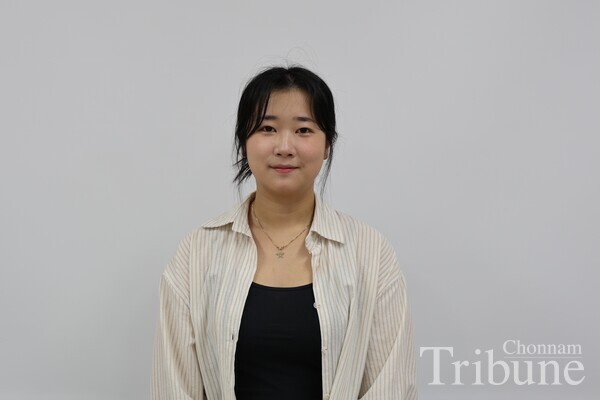
The issue of punishments for spreaders of false news has sparked heated debate in Korea for the past several years. Supporters argue that strong penalties will protect citizens and restore trust, while critics worry about threats to press freedom. Despite these concerns, adopting this system is a crucial step forward.
To begin with, accountability matters. In today’s fast-paced media landscape, a single false report can spread widely and cause lasting harm. A simple correction or apology is not enough to repair the damage. If media outlets and online platforms face the prospect of heavy financial penalties, they will be far more careful before publishing or sharing misleading content. This change will help create a healthier environment where accuracy is valued over speed.
In addition, punitive damages empower victims. Small businesses and ordinary people often suffer the most from false stories but lack the power to fight back. A robust compensation system gives them a fair chance to recover from losses and demand justice. Protecting these vulnerable groups is a key responsibility of any democratic society.
Understandably, there are worries that such laws might silence free expression. Yet freedom of speech should not be confused with the freedom to spread lies. Honest journalism will continue to thrive, while deliberate or reckless falsehoods will finally face consequences. Punitive damages are not a threat to press freedom—they are a safeguard for truth and fairness.
By Shin Seo-ryeong, Senior, Dept. of Chinese Language and Literature

